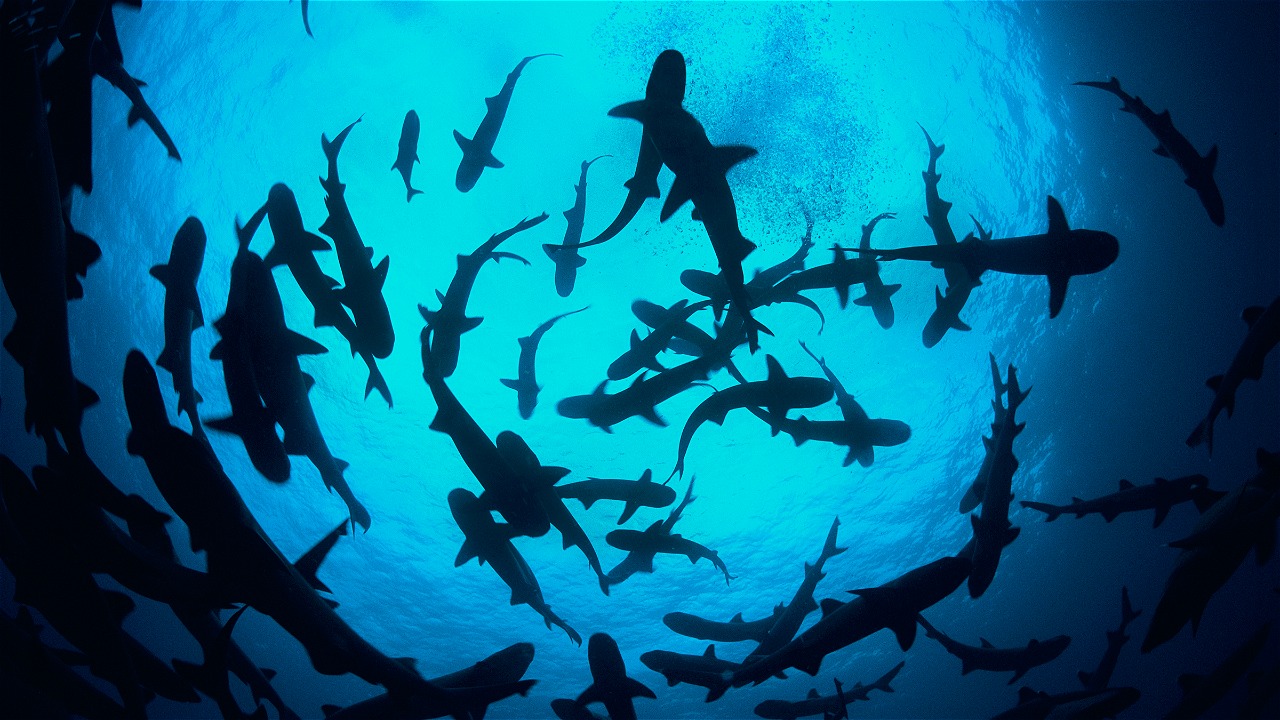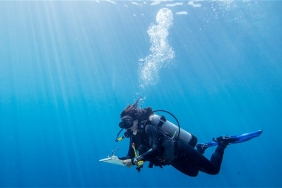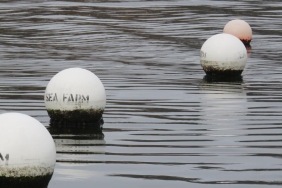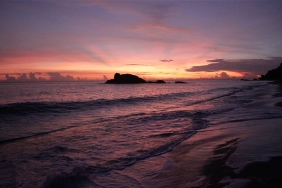UNITE TO PROTECT SHARK POPULATIONS
By: Natalia Trita Agnika
Today, Thursday (07/14) social media is abuzz with the hashtag #SharkAwarenessDay. The date is dedicated as "Shark Awareness Day" to draw public attention to the importance of protecting shark populations.
Why do shark populations need to be protected? As top predators, sharks play an important role in the cycling of marine ecosystems. These charismatic animals control the population of marine animals in the food chain. A healthy shark population guarantees the abundance of fish for human consumption. Large-scale fishing of sharks disrupts the balance of the food chain in the marine ecosystem. Carnivorous fishes that are usually preyed upon by sharks will increase in abundance and small fishes will drastically decrease in number. As a result, the algae that the small fish eat will multiply and disrupt the health of the coral. When corals are damaged, small fish are endangered, as are large fish. In other words, a large reduction in the shark population will have a negative impact on food security.
One contributor to the decline in shark populations is capture for consumption, especially hunting for fins. In 2014, consumption of shark fins in restaurants in Jakarta accounted for at least 15,000 kg per year. Many products made from shark fins are obtained through a cruel process called shark finning - caught sharks are finned alive and then the finless sharks are thrown into the ocean. The shark will slowly drown to death.
Agus Dermawan, Acting. Director of Conservation and Marine Biodiversity of the Ministry of Marine Affairs and Fisheries in a talkshow at Kantor Berita Radio (KBR) on #sharkawarenessday on Wednesday (13/07) said that Indonesia is included in the list of 10 shark fishing countries. Dwi Ariyoga Gautama, WWF-Indonesia's Bycatch and Shark Conservation Coordinator revealed that the biggest shark catches are by industrial vessels as bycatch.
Various efforts have been made to save sharks. WWF-Indonesia urges fishermen not to use steel wires on tuna longlines to reduce shark bycatch in the tuna longline fleet, and advocates the implementation of the National Plan of Action for sustainable shark management through an ecosystem approach. Policies from the government are also highly expected in the protection of shark populations. "WWF suggests stopping the practice of shark finning in the fisheries sector, encouraging a ban on the capture of shark pups, the need for management of important shark habitat areas such as shark pup release and rearing sites, and encouraging the provision of traceability of shark products in domestic and export trade in Indonesia," said Dwi Ariyoga Gautama.
All parties must unite to protect the shark population. Public involvement is equally important. The high capture of sharks for consumption is due to high demand. Therefore, to stop the culinary promotion, consumption, sale of shark products in restaurants, hotels, retail, online stores, and mass media, WWF-Indonesia launched a public campaign Save Our Sharks (#SOSharks).
A concrete step to support the #SOSharks campaign is to stop consuming shark fins and other processed shark products. By doing so, producers and sellers are indirectly encouraged to stop selling shark products, and support the mass media to stop promoting shark cuisine.
You can also directly participate in WWF-Indonesia's conservation efforts to save sharks by donating through the Nature Guardian/ SOSharks Program. Let's unite to protect the shark population!





